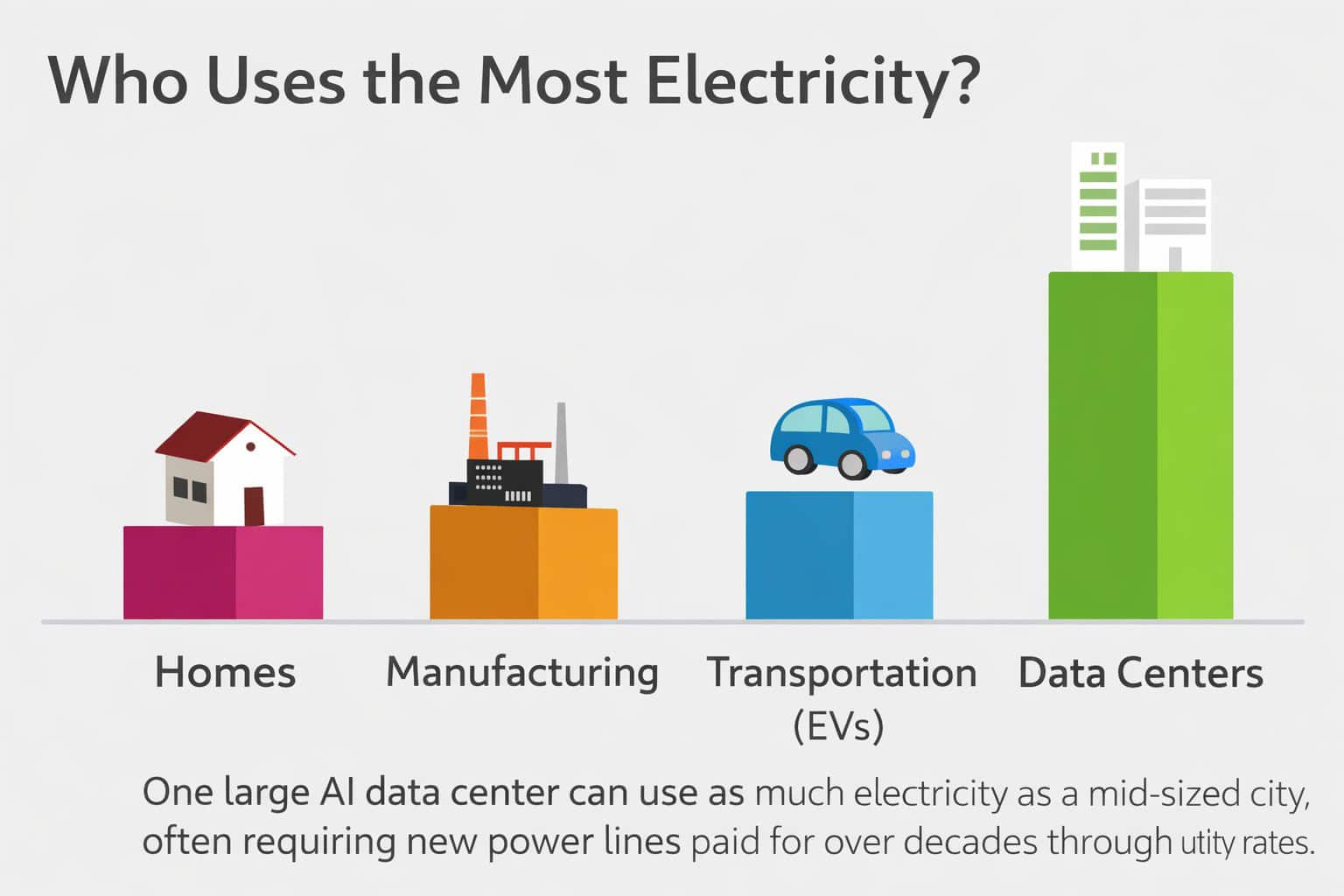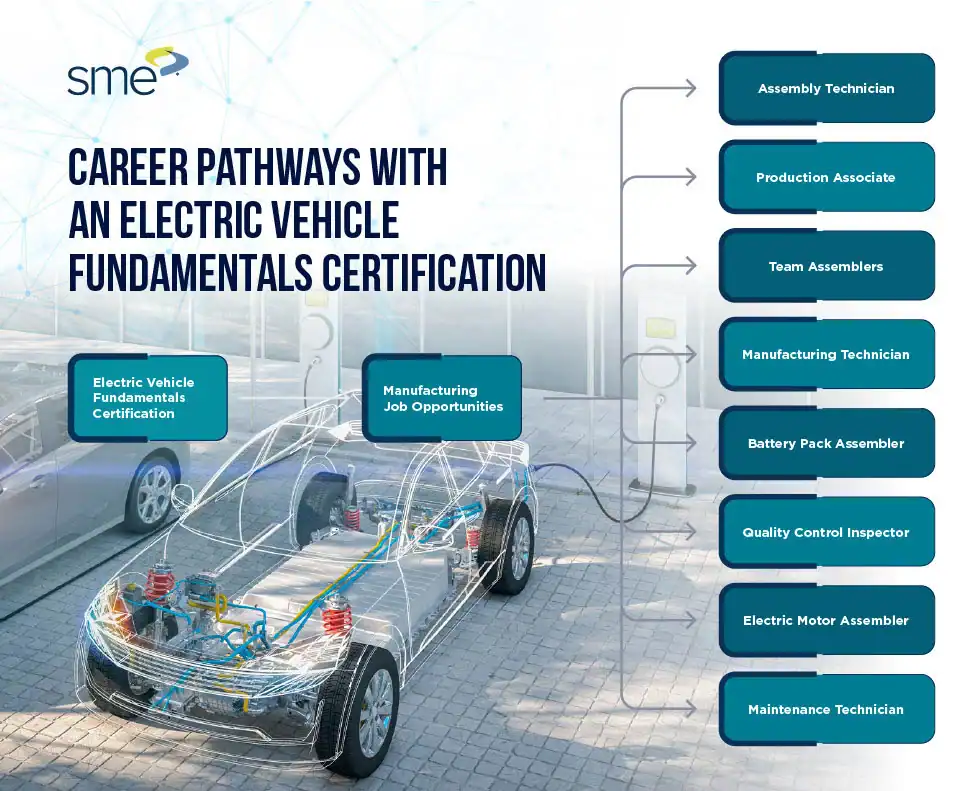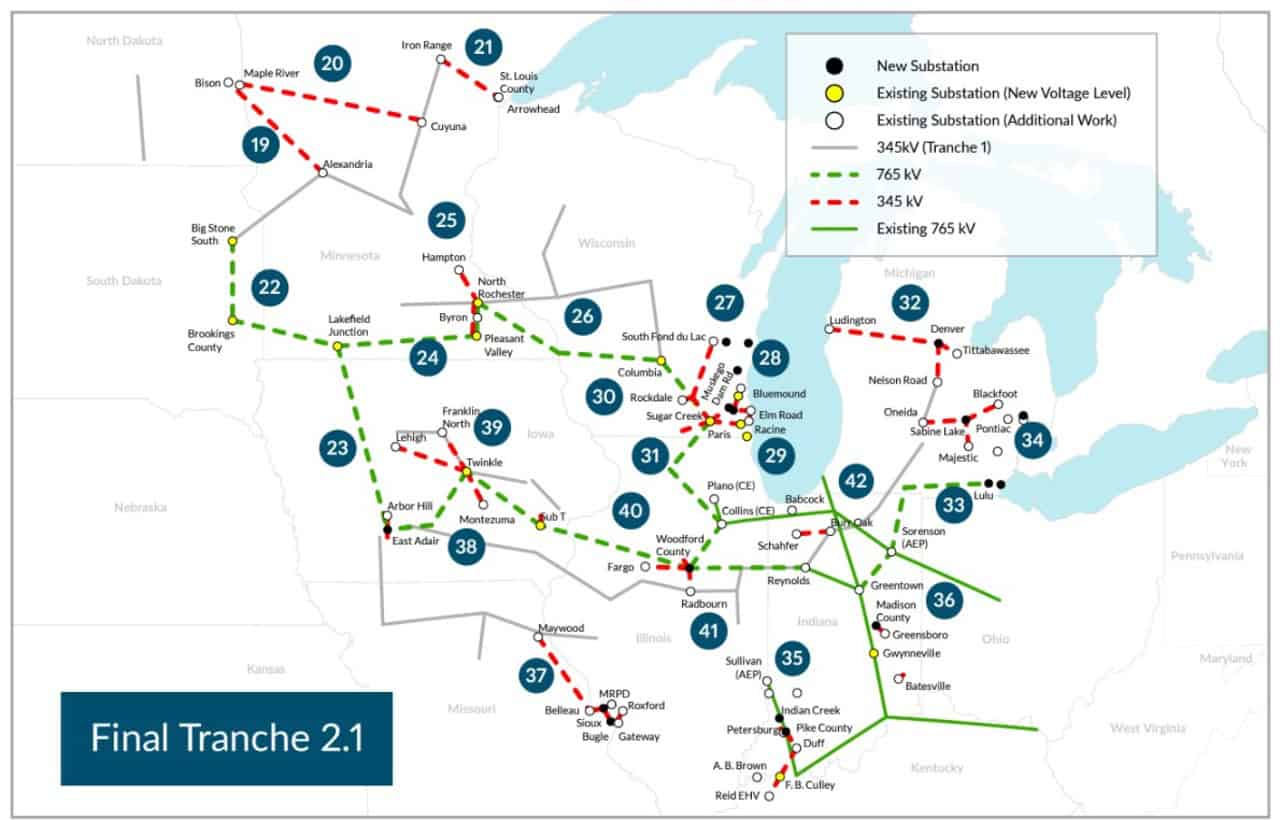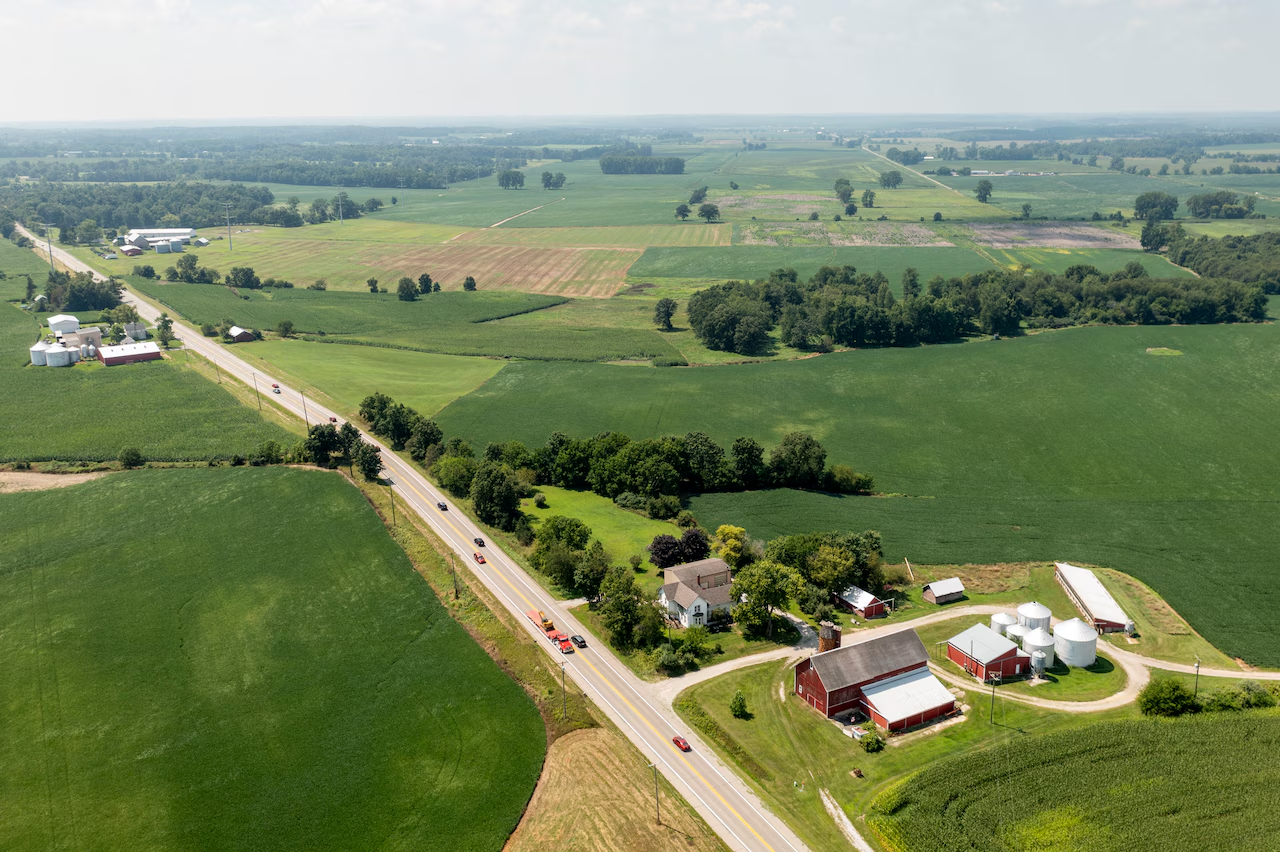DETROIT—Lean and Green Michigan, the consulting firm for Property Assessed Clean Energy (PACE) financing, will host the Southeast Michigan PACE Summit on Wednesday, April 15, from 10 a.m. to 2 p.m. at the headquarters of Ann Arbor Spark, 330 E. Liberty St. in Ann Arbor.
The Southeast Michigan PACE Summit will include presentations on Southeast Michigan-based PACE projects, panel discussions on PACE financing, and the economic benefits of green buildings, as well as updates on local sustainability efforts.
Southeast Michigan PACE Summit speakers will include Bob Mattler, Green Portfolio Solutions; Jan Culbertson, Ann Arbor 2030 District; Mike Shesterkin, Southeast Michigan Sustainable Business Forum; Missy Stults, City of Ann Arbor Office of Sustainability and Innovations; Paula Holtz, Michigan Economic Development Corp.; Phil Santer, Ann Arbor Spark; Rafi Golberstein, PACE Loan Group; Ric Barreca, real estate developer of the St. Clair Inn, Hotel Harrington, On The Vine, and Radisson Hotel PACE projects; and Sonya Delley, PACE Equity.
See the Eventbrite invitation for more information and to register for the Southeast Michigan PACE Summit, click here.
Lean and Green Michigan is based near downtown Detroit, with recently opened satellite offices at 115 W. Allegan St., Suite 710, Lansing and 345 Fuller Ave. N.E., Grand Rapids.
Lean and Green Michigan also offers PACE Certified contractor training, made up of a three-part webinar series followed by a 15 question multiple choice quiz.
Follow the link here to register for the online training and receive a unique password to access the training. Already have a password? Click here to access the training portal.
According to the Department of Energy, PACE programs allow a property owner to finance the up-front cost of energy or other eligible improvements on a property and then pay the costs back over time through a voluntary assessment. The unique characteristic of PACE assessments is that the assessment is attached to the property rather than an individual.
PACE financing for clean energy projects is generally based on an existing structure known as a “land- secured financing district,” often referred to as an assessment district, a local improvement district, or other similar phrase. In a conventional assessment district, the local government issues bonds to fund projects with a public purpose such as streetlights, sewer systems, or underground utility lines.
The recent extension of this financing model to energy efficiency and renewable energy allows a property owner to implement improvements without a large up-front cash payment. Property owners that voluntarily choose to participate in a PACE program repay their improvement costs over a set time period—typically 10 to 20 years—through property assessments, which are secured by the property itself and paid as an addition to the owners’ property tax bills. Nonpayment generally results in the same set of repercussions as the failure to pay any other portion of a property tax bill.
A PACE assessment is a debt of property, meaning the debt is tied to the property as opposed to the property owner(s). In turn, the repayment obligation may transfer with property ownership if the buyer agrees to assume the PACE obligation and the new first mortgage holder allows the PACE obligation to remain on the property. This can address a key disincentive to investing in energy improvements because many property owners are hesitant to make property improvements if they think they may not stay in the property long enough for the resulting savings to cover the upfront costs.
In Michigan, 44 local units of government covering 71 percent of the state’s population have set up PACE financing districts.






